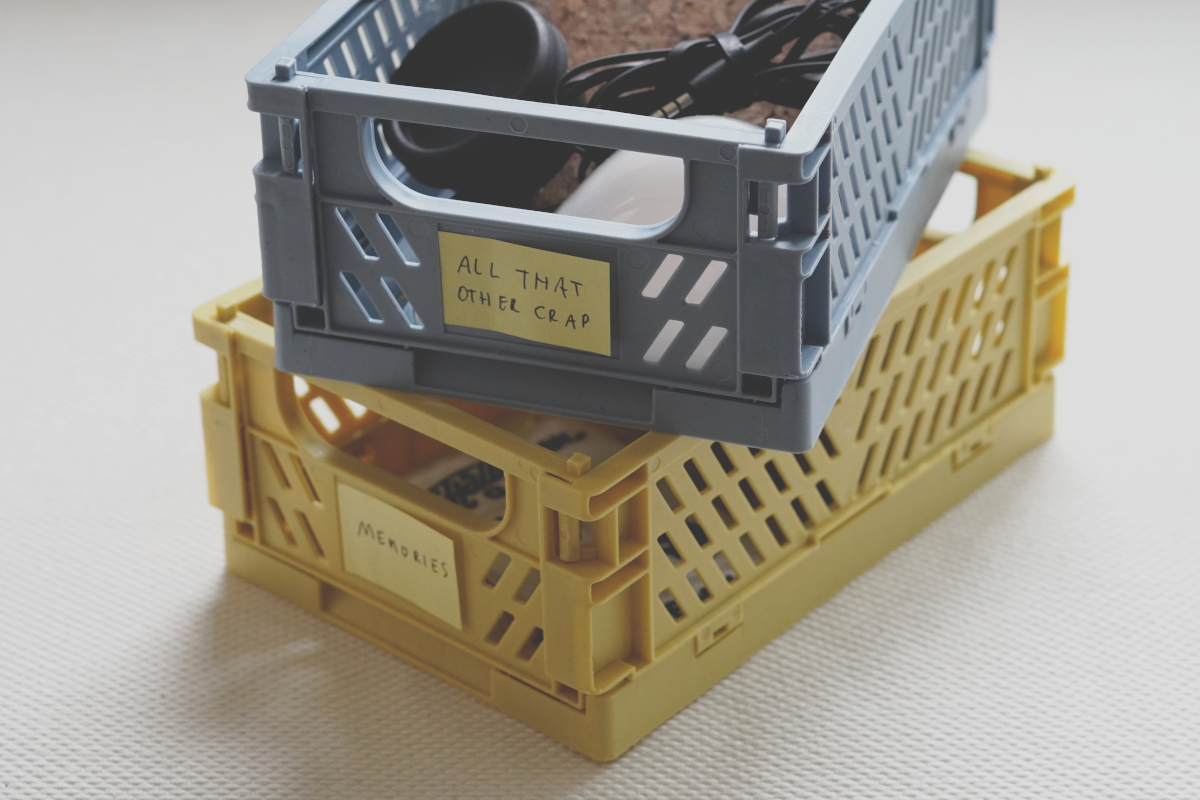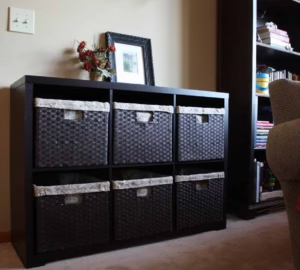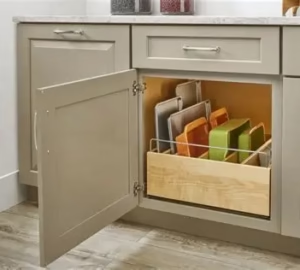Are you dreaming of a home that feels calm, organized, and truly brings you joy? The KonMari Method, developed by Japanese organizing consultant Marie Kondo, has swept the globe with its transformative approach to decluttering. It’s not just about tidying up; it’s about connecting with your belongings and creating a space that supports your ideal lifestyle.
At Retail Place, we believe the KonMari Method offers invaluable insights for Kenyan homeowners and renters looking to bring order and joy into their living spaces. Let’s dive into the core principles and practical tips for applying KonMari in your Kenyan home.
What is the KonMari Method? Beyond Just Tidying
Unlike traditional decluttering, the KonMari Method isn’t about simply throwing things away. It’s a philosophy that encourages you to:
- Tidy by Category, Not Location: Instead of tackling room by room, you gather all items of a specific category (e.g., all clothes, all books) from across your entire home.
- Ask “Does It Spark Joy?”: This is the heart of the method. You hold each item in your hands and genuinely ask yourself if it brings you joy. If it doesn’t, you thank it for its service and let it go.
- Respect Your Belongings: Kondo emphasizes treating your items with care, from how you fold them to how you store them.
- A One-Time Event: The goal is to complete the entire decluttering process once and thoroughly, setting you up for a lifetime of tidiness.
KonMari Method Tips for Your Kenyan Home: A Step-by-Step Guide
Step 1: Commit to the Process
- Set Your Intention: Before you begin, visualize your ideal home and lifestyle. What do you want to achieve? A calmer living room, a more efficient kitchen, less laundry stress? This vision will motivate you when the process gets tough.
- Designate a “Discard” Area: Clear a space where you can put items you’ve decided to let go of. This helps visualize progress.
Step 2: Tidy by Category, in This Specific Order
Marie Kondo recommends tidying in a specific sequence, starting with items that are less emotionally charged and progressing to more sentimental ones.
This helps you hone your “joy-sparking” radar.
Category Order:
Clothes (Komono):
- Gather Everything: Bring all your clothes from every closet, drawer, and corner of your home into one giant pile. This visual impact helps you realize the volume you own.
- Hold Each Item: Pick up each piece of clothing. Does it spark joy? Consider how it feels on your skin, how you feel when you wear it, and if it truly reflects your current style.
- The KonMari Fold: Learn Kondo’s vertical folding technique. This saves drawer space and makes every item visible, allowing your clothes to “breathe” and reducing wrinkles. This is highly effective for vitenge and other fabrics.
- Storage: Store folded clothes vertically in drawers or clear bins. Hang items that prefer to be hung (dresses, suits, delicate blouses).
Books (Hon):
- Gather All Books: Collect every book in your home.
- Spark Joy Test: Go through each one. Do you love it? Will you reread it? Is it essential?
- Be Ruthless: Kondo suggests keeping around 30 books. For many Kenyans, where books can be precious or practical (textbooks, religious texts), adapt this to what feels right for your needs.
Papers (Kami):
- Categorize: Kondo advocates for three categories: Papers currently in use, papers temporarily needed, and papers to be preserved indefinitely.
- Discard Most: Most papers can be discarded. Scan important documents if you need a digital copy.
- “All-in-One” Spot: Designate one clear folder or tray for all incoming papers. Handle them as soon as they arrive.
- For Kenyan Homes: Think utility bills, receipts, children’s school notices, ID copies. Only keep what is truly necessary for legal, financial, or sentimental reasons.
Also Read:
Tips for Organizing Your Home: Decluttering Made Easy in Kenya
Komono (Miscellaneous Items): This is often the largest and most challenging category. Break it down further:
- CDs/DVDs (if applicable): Are they still relevant in the age of streaming?
- Skincare/Makeup/Toiletries: Check expiry dates. Only keep what you actively use.
- Electronics & Wires: Keep only functional items and necessary chargers.
- Kitchen Items: Utensils, pots, pans, appliances. Keep only what you use regularly and what sparks joy.
- Cleaning Supplies: Consolidate and discard duplicates or expired products.
- Tools: Keep only functional tools that you use.
- Craft Supplies/Hobbies: Keep only what inspires you and for projects you genuinely intend to finish.
- Linen/Towels: Keep a sensible number that you actually use and have space for.
- Don’t forget the duka bags! In Kenyan homes, plastic shopping bags can accumulate quickly. Sort through them and keep only a small, neatly folded stash for reuse.
Sentimental Items (Omoide):
- The Last Category: Save this for last because it’s the most emotionally taxing. By this point, your “joy-sparking” muscle will be strong.
- Focus on True Memories: Don’t keep items out of guilt or obligation. Keep only those that genuinely evoke happy, clear memories.
- Designate a “Memory Box”: Place all your joy-sparking sentimental items into one designated box. This helps contain them and cherish them.
Step 3: Giving Everything a Home
Once you’ve decided what to keep, give every single item a specific, designated spot. This is crucial for maintaining tidiness.
- Vertical Storage: Maximize vertical space in cupboards and drawers.
- Containment: Use small boxes, drawer dividers, or even repurposed containers (like old shoeboxes wrapped in Kitenge fabric!) to keep items neatly organized within larger spaces.
- Accessibility: Store frequently used items in easy-to-reach places.
Step 4: The Joy of the Process and the Aftermath
- Thank Your Items: As you let go of items, Kondo encourages you to thank them for their service. This fosters gratitude and helps you release them without guilt.
- Enjoy Your Space: Once the decluttering is complete, you’ll experience a profound sense of calm, clarity, and newfound freedom in your home. Maintaining it becomes much easier.
- The “Spark Joy” Filter: This mindset can extend beyond possessions to how you manage your time, relationships, and commitments.
Applying the KonMari Method in your Kenyan home can be a truly transformative experience. It’s an opportunity to re-evaluate your relationship with your belongings, celebrate what you truly love, and create a living space that genuinely supports the life you want to live.










1 Comment